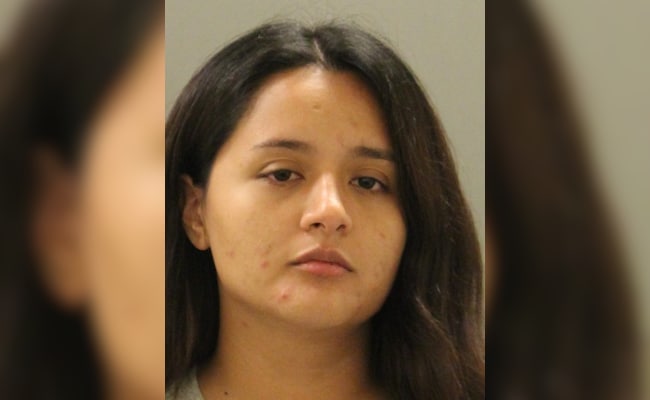The high court asked if the college raised this objection anywhere before.
New Delhi:
St. Stephen’s College on Wednesday contended before the Delhi High Court that admitting a student under the ‘single girl child quota’, fixed by the Delhi University (DU), is violative of the right to equality before the law.
The counsel for the college argued that the quota for girl child is ultra vires Article 14, 15(3) and 15(5) and 30 of the Constitution and allocation of seats under this quota goes against these four articles.
The high court asked if the college raised this objection anywhere before.
“Did you raise this objection anywhere earlier at any stage? Did you challenge this policy ever or write to them or filed any case ever?” asked Justice Swarana Kanta Sharma.
To this, senior advocate Romy Chacko said, “This year they agreed that they will only allocate 5 per cent excess of the seats and will allocate one candidate for each program. But today we are actually forced to challenge it on the ground that instead of one candidate they are actually allocating 13 candidates.” “We would have no problem if we were asked to admit one girl child. However, today DU argued that if BA (prog) has 13 combinations, 13 girl child students would have to be admitted,” he said, adding the state cannot deny to any person equality before law.
The submission was opposed by the counsel for petitioner students and the Delhi University who said this objection was never raised before.
“Why did the college not challenge the varsity’s bulletin of information for admission if they are aggrieved by this provision?” said the counsel for DU.
The judge orally observed, “for this I think you (college) will have to challenge it separately”.
As per the university’s bulletin for information on admission, one seat in each program of every college is reserved under the ‘supernumerary quota for a single girl child’.
The parent/ guardian (in case parents are deceased) will have to declare that the girl child is the only child of the parents and they have no other male/ female child other than the girl child for which the application is being submitted for admissions in the academic session 2024-25, it said.
The college’s counsel contended that there is no law on this and it is a decision taken by the university only.
“Fundamental rights cannot be taken away by an executive order. This has no statutory backing. All these quotas imposed on us have no statutory backing. Therefore, this particular quota is ultra vires Article 14, 15(3), 15 (5) and 30,” he argued.
He added that the college had agreed for the quota but now the DU is trying to impose something which is contrary to the university bulletin.
The college contended that the varsity was trying to impose quotas against minority institutions.
“All these quotas imposed on us have no statutory backing. Today you are trying to impose something which is beyond the university’s bulletin,” the counsel said.
Advocate Mohinder Rupal, appearing for the Delhi University, said there are about 7-8 minority colleges under it and only one college is having an issue and others have no problem with respect to allocation of seats.
He said the varsity’s bulletin was not challenged by the college at any point of time.
He said the college ought not have played with the career of the petitioner students by refusing them admission when their names were already released by the university in the selected candidates for admission to the college.
At the fag end of the day’s hearing, the court took exception to a submission made by the college’s lawyers that it would be unfair to them in case they are not granted an opportunity to file reply to a counter affidavit filed by the varsity.
The court noted that it heard the arguments in the case from 11:30 AM to 1 PM and from 2:30 PM to 4 PM and during this period, the counsel for the college also addressed arguments.
The court listed the matter for Thursday for hearing arguments on some limited points.
It was the case of petitioners that despite being allocated seats by the university with the college for the courses of BA Economics (Hons) and BA Programme, yet their admissions were not completed within the stipulated time frame.
The single judge had earlier granted the relief of provisional admission to the six students while noting that there was no fault of these students who had successfully cleared the CUET exam and other formalities and despite being meritorious they were being kept under suspense regarding the fate of their admission.
However, the college challenged the order before the division bench which barred the six students, who were granted provisional admission to St. Stephen’s College based on the DU’s allotment of seats, from attending classes till pendency of the main petition.
(Except for the headline, this story has not been edited by NDTV staff and is published from a syndicated feed.)



















